Q: My training partner and I are both turning 52 in the fall of this year. He went to the doctor, and as part of his physical they did a testosterone test. His test level was 165—pretty low. I think I might want to get tested as well. How do you feel about hormone-replacement therapy for people in their 50s, 60s and even those hardy souls who compete into their 70s? Is that no longer natural bodybuilding but rather chemical assistance, even though what is prescribed by a doctor is likely a fraction of what a Mr. Olympia contender might use? Hormone-replacement therapy certainly does increase the quality of life for those with low testosterone. Is there a natural way to do the same thing without a doctor’s assistance that actually works the same way as HRT for people in the masters-and-up groups who want to compete in a bodybuilding contest but are afraid HRT will make them ineligible?
A: I’ve been getting quite a few questions along those lines lately. As our generation has aged, many more people have been facing the problem. Our own Jerry Brainum has written in detail about low testosterone. He says that men who are involved in intense training can test low in total testosterone because it’s being used at a high rate. Jerry recommends that serious lifters ask their doctors to test for free testosterone. If you—or your training partner—aren’t experiencing any symptoms of low testosterone, then you probably shouldn’t even be considering HRT.
In 1977 natural bodybuilding pioneer Andy Bostinto won the Masters Mr. America while testing low for testosterone. In 1998, just two months before I won the Pro Natural World Championships, I tested at the bottom of the normal range—with no low T symptoms. Just recently I received a question about testosterone concerning a lifetime drug-free lifter in his mid-30s who had tested at the bottom of the normal range. The man had just won the Best Lifter title at a state powerlifting championship. Not only was he ridiculously strong, but he was also quite lean and was experiencing absolutely no symptoms of low T whatever.
I highly recommend that, before resorting to hormone-replacement therapy, you give hard training and proper supplementation a chance to work their magic. If you’re not currently putting in regular hard work on squats and deadlifts, you need to add them to your training program. No exercises elicit a more dramatic surge in anabolic hormones than squats and deadlifts. Go hard on them, and you’ll reap huge dividends.
As for supplementation, I recommend giving Tribulus terrestris and zinc a try. Research performed in Bulgaria and Russia showed that tribulus increased measures of testosterone—by increasing luteinizing hormone and DHEA. Although recent studies haven’t supported those findings, it seems that they used much lower doses of trib. Zinc supplementation has also been shown to increase testosterone naturally—as well as growth hormone and IGF-1. Thankfully, Muscle-Link has developed ZMA-T, which combines the testosterone-boosting effects of Tribulus terrrestris and zinc, as well as the performance-enhancing properties of magnesium and vitamin B6.
One other supplement that I recommend is essential fatty acids. EFAs play a big role in hormone formation, and if you’re following a relatively lowfat diet, you may not be getting enough. Presently I’m using Udo’s Choice Oil Blend. Unless your taste buds are dead, I’d highly recommend getting your EFAs in gel cap form. Take two to three gel caps with meals three times per day for optimum results.
I’m sure that some of you have seen advertisements for HRT centers and are intrigued by the possibilities of just going in and getting testosterone injections under a physician’s care. So what’s the downside? According to my good friend Dr. Roberto D’Lorm, too much testosterone will accelerate prostate enlargement and/or prostate cancer if you’re genetically predisposed to those problems. I’ll tell you for sure, that’s not something I want to risk—as well as all the other well-publicized side effects of steroid and androgen use. In addition, any HRT injections will take you out of the running for natural bodybuilding events, even if the hormones are doctor prescribed.
Again, I recommend following a solid training routine and the supplements that I’ve suggested before considering HRT. Give that at least 90 days; then have your testosterone tested again to see if there’s been any improvement. Also remember to ask your doctor to have your blood tested for free testosterone. If you’re still testing low and experiencing symptoms of low T, then it’s time to discuss your options with your physician—and I recommend getting more than one opinion. Your doctor may have suggestions for raising testosterone naturally that I’m not aware of. If so, please pass them along to me, and I’ll get them out to IRON MAN readers. Best of luck with your training.
Train hard and eat clean.
Editor’s Note: See Dave Goodin’s blog at www.IronManMagazine.com. Click on the blog selection in the top menu bar. To contact Dave directly, send e-mail to [email protected]. IM














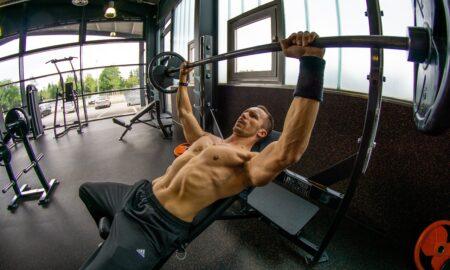
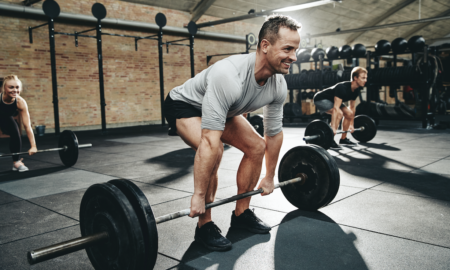
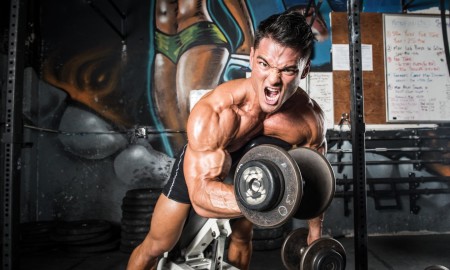

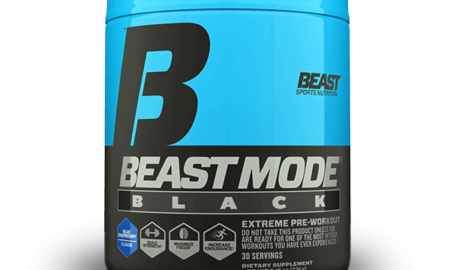
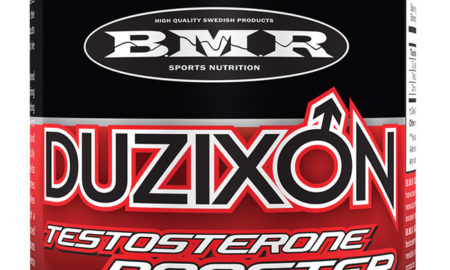
You must be logged in to post a comment Login